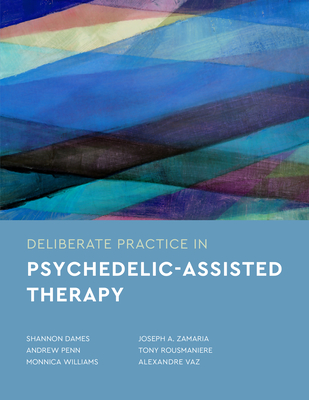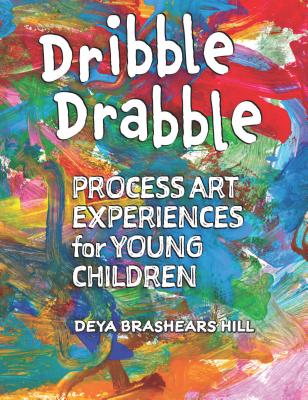
description
p trainees achieve competence in essential psychedelic-assisted psychotherapy skills and apply them in a range of clinical situations while honing their own personal style and language. These exercises present role-playing scenarios in which two trainees act as a client and a therapist, switching back and forth under the guidance of a supervisor. The therapist improvises appropriate and authentic responses to client statements organized into three difficulty levels--beginner, intermediate, and advanced--that reflect common client questions and concerns. Each of the first 12 exercises focuses on a single skill that include tending to clients' bodily and emotional states before introducing psychedelic medicine to treatment, exploring ethical and cultural implications, and working with clients in altered states of consciousness to promote wellbeing. Two comprehensive exercises follow in which trainees integrate these essential skills into a single psychedelic-assisted therapy session. Step-by-step instructions guide participants through the exercises, identify criteria for mastering each skill, and explain how to monitor and adjust difficulty. Guidelines to help trainers and trainees get the most out of training are also provided.
member goods
No member items were found under this heading.
listens & views

BEYOND THE RAGASPHERE (OGV) (DLCD)
by BHATTACHARYA,DEBASHISH AND FRIENDS
VINYL LPout of stock
$19.75
Return Policy
All sales are final
Shipping
No special shipping considerations available.
Shipping fees determined at checkout.






